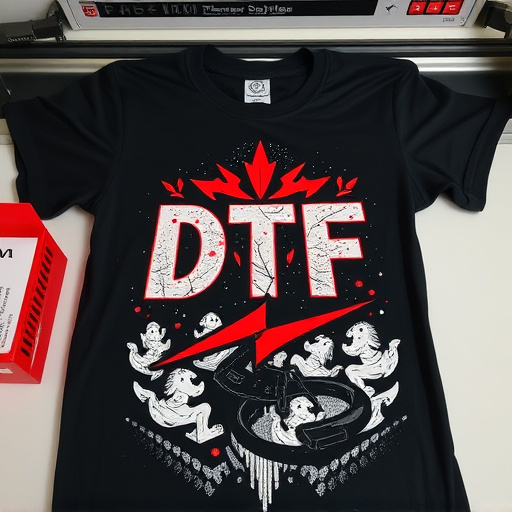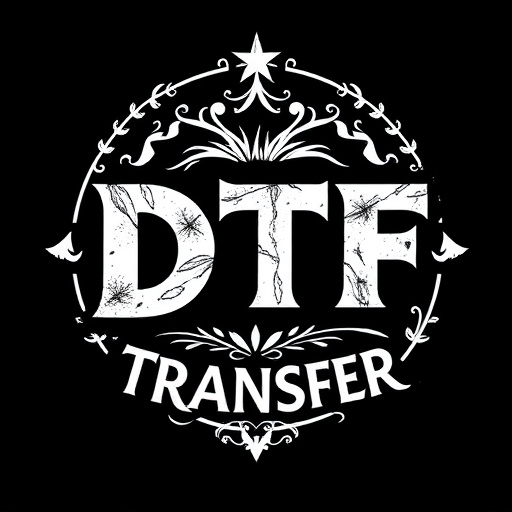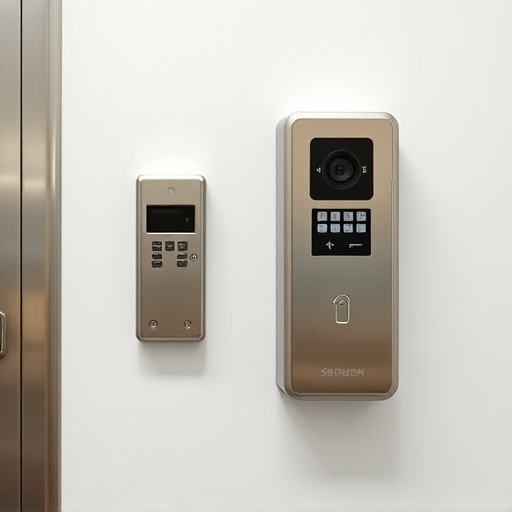Tricare authorized providers should understand denial reasons, such as incorrect coding or lack of medical necessity, to improve appeal success rates and compliance. Gather comprehensive patient documentation, including histories, diagnostic reports, and outcomes evidence for conditions like neck pain. Craft compelling appeals addressing initial denial reasons and emphasizing service necessity and benefits aligned with Tricare guidelines to achieve authorized provider status.
“Navigating Tricare denials can be complex, but as a Tricare authorized provider, understanding the appeal process is crucial. This guide equips you with the tools to tackle denials effectively. We’ll explore common reasons behind Tricare rejections and provide actionable strategies. From gathering essential documentation to crafting compelling appeals, this comprehensive approach ensures your claims stand out. Maximize your chances of success and ensure fair compensation for your services.”
- Understanding Tricare Denial Reasons
- Gathering Necessary Documentation
- Submitting a Compelling Appeal Case
Understanding Tricare Denial Reasons

Tricare denials can be frustrating for authorized providers, but understanding why claims are rejected is a crucial first step in the appeals process. Common reasons for Tricare denials include incorrect coding, lack of medical necessity, or inadequate documentation to support the service or treatment provided. For instance, a claim might be denied if a provider fails to demonstrate that a specific neck pain treatment was medically necessary, as per Tricare’s guidelines. Another reason could be misalignment with approved procedures for neck pain relief, which often involves personalized treatment plans tailored to individual patient needs.
By carefully reviewing denial notices, providers can identify patterns and areas where their practices might need adjustment to align better with Tricare policies. This proactive approach not only improves appeal success rates but also ensures compliance and enhances the overall quality of care delivered to patients in need of neck pain treatment or other services covered under Tricare.
Gathering Necessary Documentation

Gathering the right documentation is a crucial step for Tricare authorized providers aiming to appeal denials. As a healthcare provider, you’ll need comprehensive records that clearly demonstrate the necessity and medical appropriateness of your services. This includes detailed patient histories, diagnostic reports, treatment plans, progress notes, and any relevant imaging scans or lab results. Ensure these documents are well-organized and up-to-date to support your appeal effectively.
For instance, when dealing with cases involving spinal adjustments or sports injury treatments, it’s essential to provide evidence of the patient’s condition before and after the intervention, highlighting improvements in pain relief and functionality. Demonstrating these outcomes can strengthen your appeal by showcasing the positive impact of your services on patients’ well-being.
Submitting a Compelling Appeal Case

When crafting an appeal for Tricare authorization as a provider, it’s crucial to present a compelling case that highlights the necessity and benefits of your services. A strong appeal should include detailed documentation explaining why the initial denial occurred, addressing any gaps in information or criteria that weren’t met. For instance, if a request for auto accident recovery services was denied, provide evidence of the patient’s injuries and the role of rehabilitation in their long-term health and recovery.
The appeal should also emphasize how your services, whether it’s chronic pain management or specialized rehab, align with Tricare’s guidelines and ultimately contribute to cost savings and improved patient outcomes. Personalized explanations that consider the unique circumstances of each case can make a significant difference. Ensure all supporting documents are updated, thorough, and adhere to Tricare’s formatting requirements to increase the likelihood of a favorable decision for your Tricare authorized provider status.
Appealing Tricare denials as an authorized provider requires a strategic approach. By understanding common denial reasons, gathering comprehensive documentation, and crafting a compelling appeal case, you can effectively navigate the process. Remember, knowledge is your weapon; utilize the information provided to ensure a successful outcome and continue offering quality care to your patients as a trusted Tricare authorized provider.














